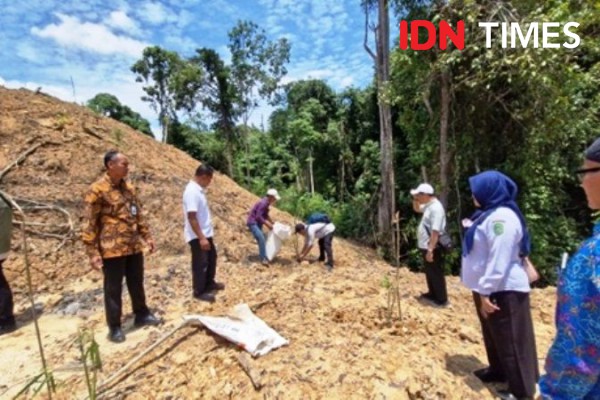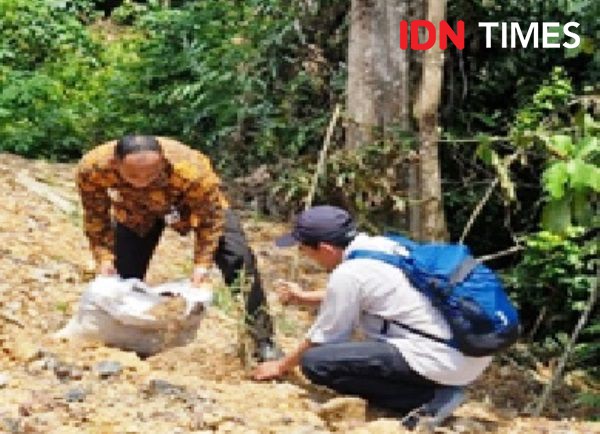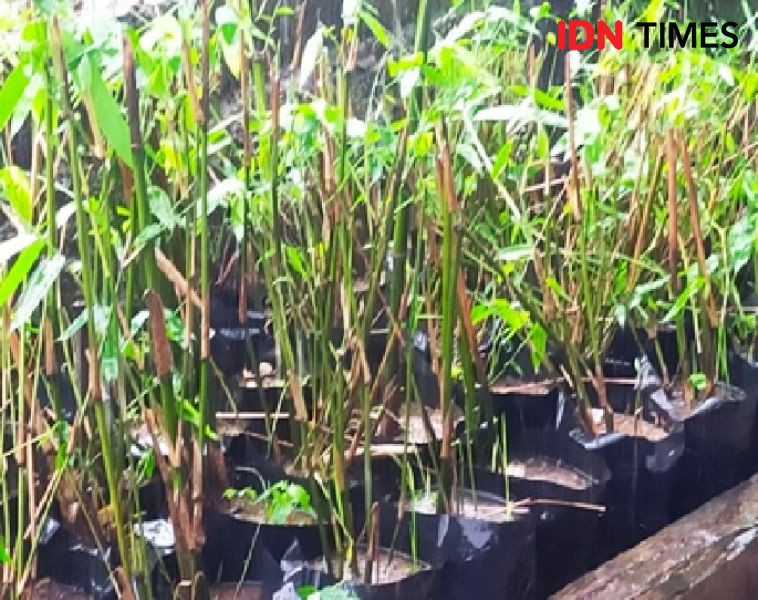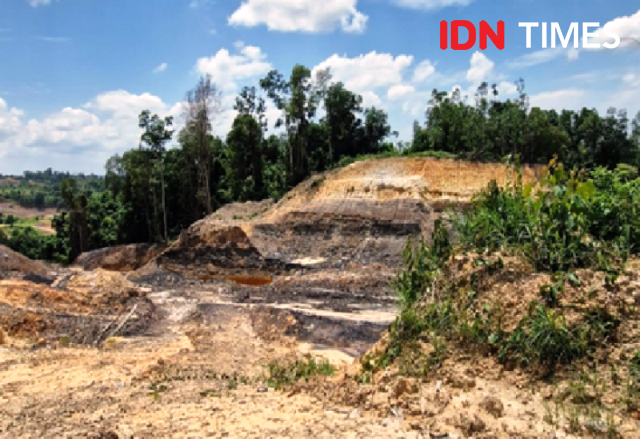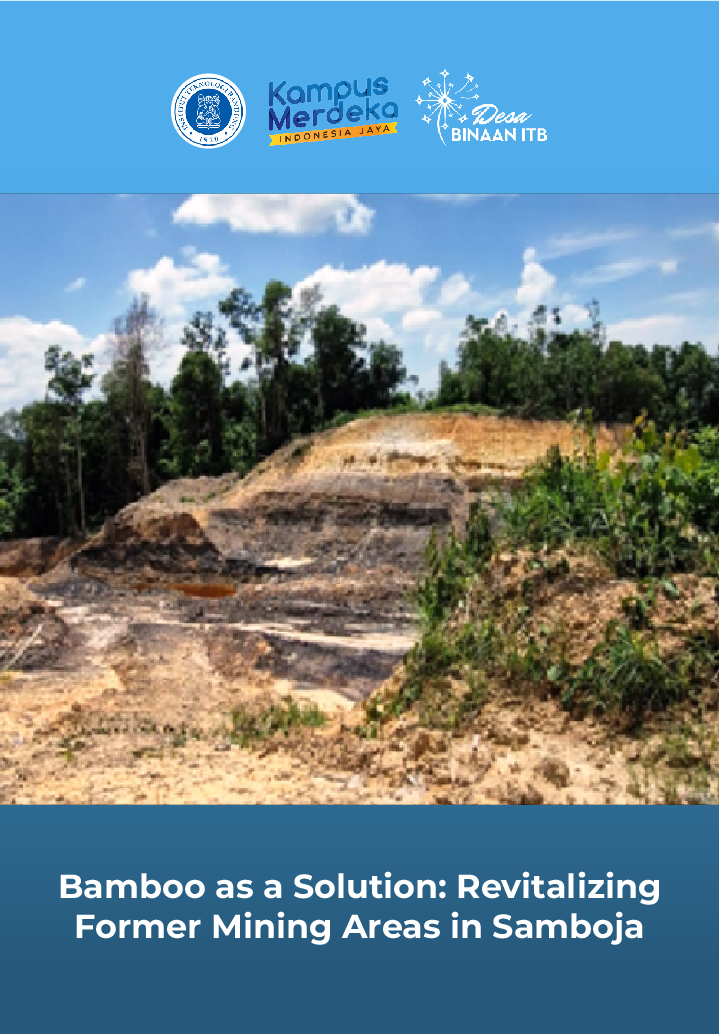

The Nusantara Capital Authority (OIKN), in collaboration with the Bandung Institute of Technology (ITB), held a community empowerment program in Kelurahan Sungai Seluang, Samboja District, Kutai Kartanegara, East Kalimantan, on Wednesday (September 4, 2024). The program aims to enhance human resources (HR) by utilizing bamboo as a commodity with economic value. One of the main activities was bamboo preservation training and the creation of a bamboo plantation demonstration plot in a former mining area in the village.
"Through this program, we hope that the people of Sungai Seluang Village, and the entire IKN delineation area, can independently improve their welfare by using bamboo as a useful and profitable commodity," explained Conrita Ermanto, Director of Community Empowerment from the Social, Cultural, and Community Empowerment Division of OIKN, represented by Policy Analyst Rizki Sisindra, on Thursday (September 5, 2024).
In addition to the training on processing bamboo into handicraft materials, the community was also introduced to various bamboo-based products, such as bamboo boards as an alternative to hardwood and bamboo fibers as a substitute for conventional textile materials. Dr. Ihak Sumardi from ITB emphasized that the IKN region, including Kalimantan, has great potential for bamboo development. Indonesia itself has hundreds of bamboo species, many of which are endemic.
The former mining area in Kelurahan Sungai Seluang was selected as a demonstration site for bamboo cultivation. "Bamboo was chosen because of its fast growth and ecological value in addressing environmental challenges and climate change. Socially, bamboo has long been part of Indonesian culture, and economically, it holds promising prospects as a future alternative to wood," explained Dr. Ihak.
Dr. Yoyo Suhaya added that, considering the great potential of bamboo in Indonesia, ITB organized bamboo planting activities and provided direct training on bamboo preservation with the local community. Several commercial bamboo species planted include Bambu Apus, Bambu Lemang, and Bambu Surat, which are native to Kalimantan.
This activity is also part of a sustainable effort to improve the environment, particularly in rehabilitating former mining land. "We hope that this activity will enhance the welfare of the people around Sungai Seluang by utilizing bamboo as a high-value economic commodity. This program reflects ITB's strong commitment to contributing more to the community and promoting shared prosperity," concluded Dr. Yoyo.
Related News:
kaltim.idntimes.com: Pakai Lahan Eks Tambang, OIKN dan ITB Ajak Warga Manfaatkan Bambu
